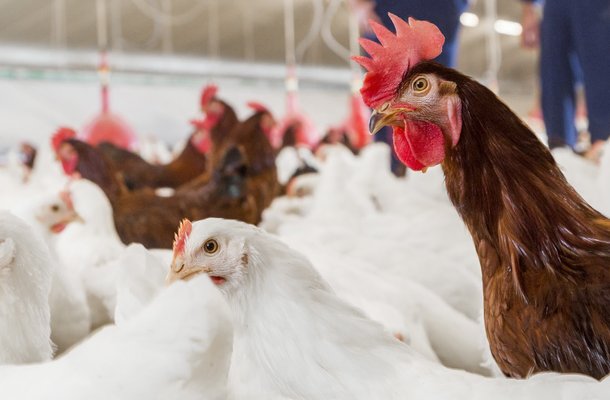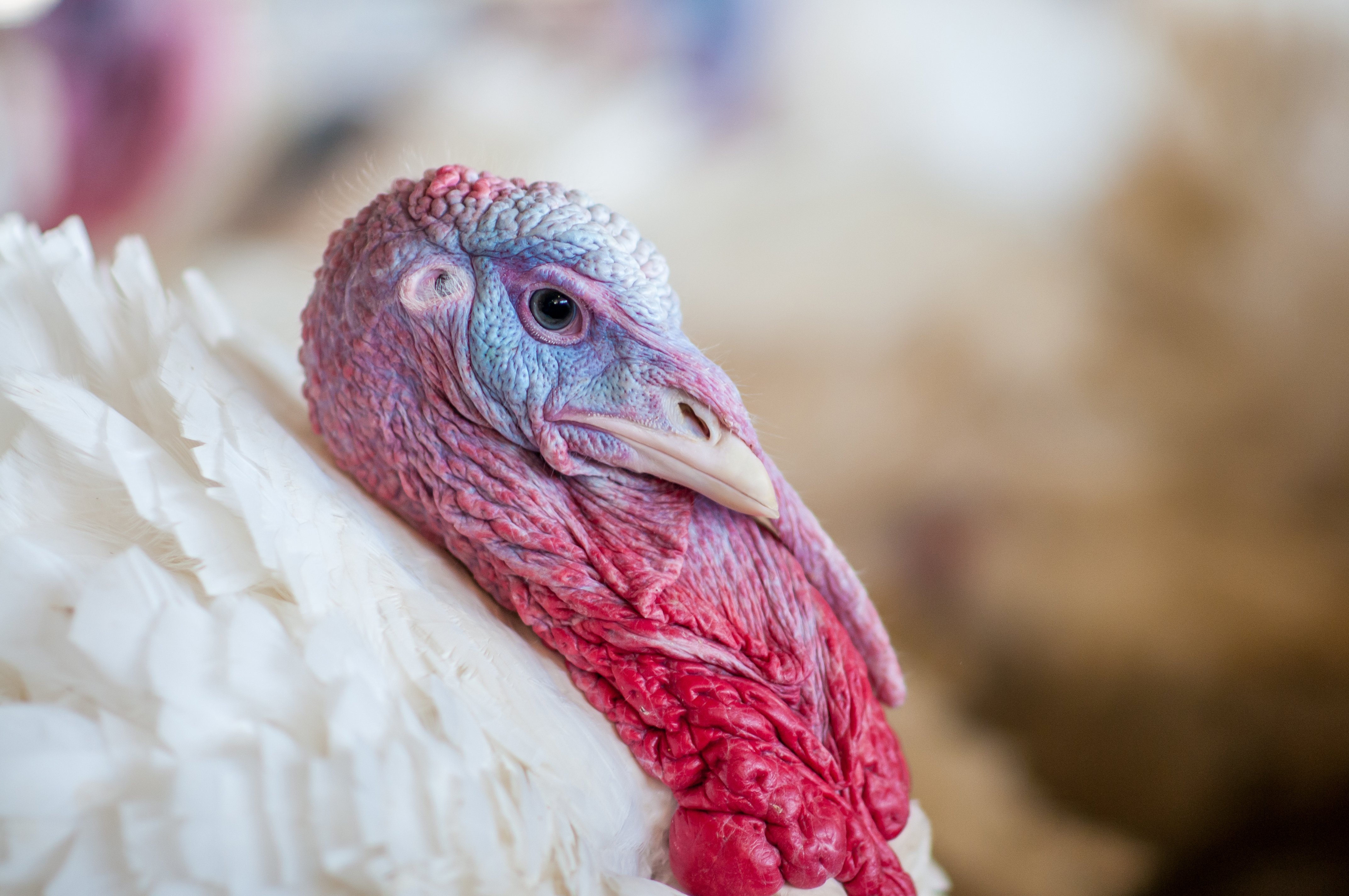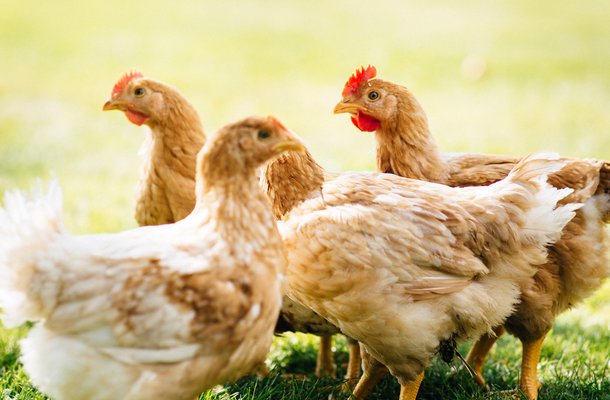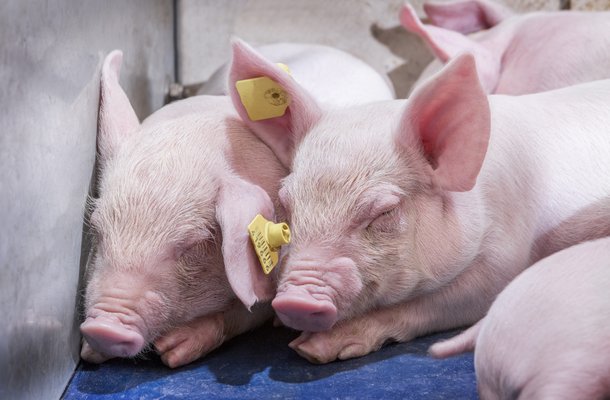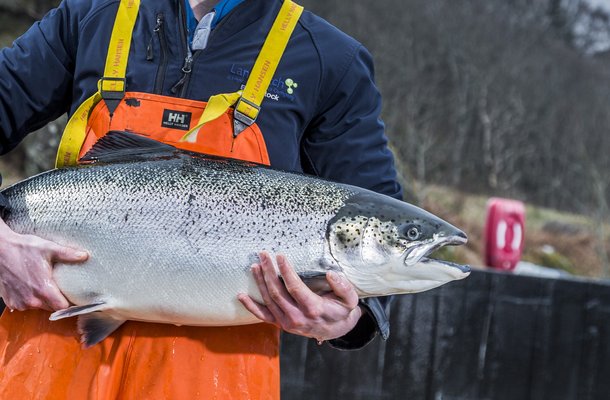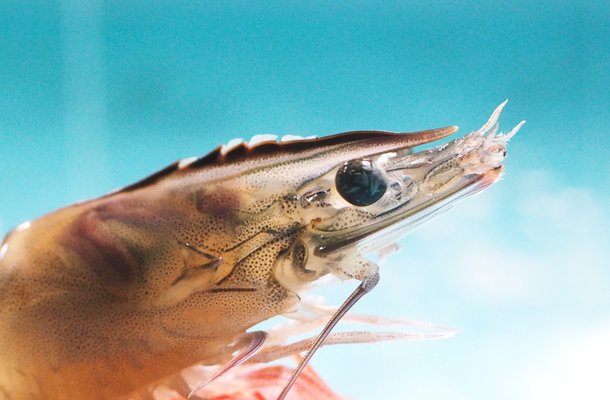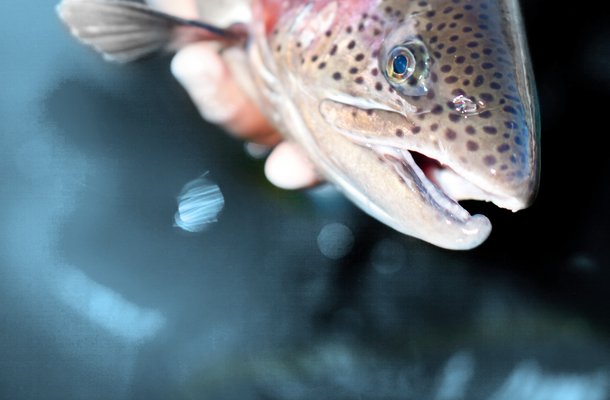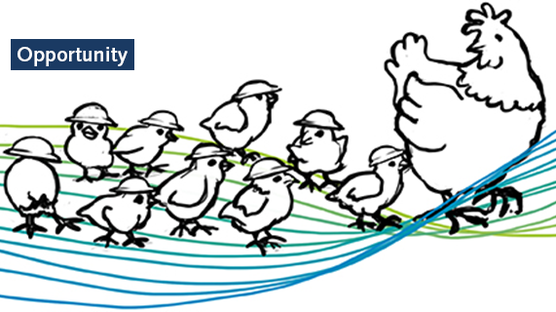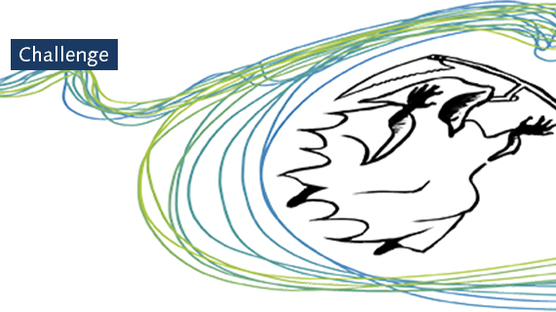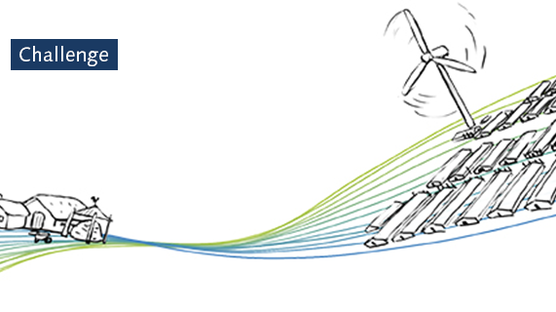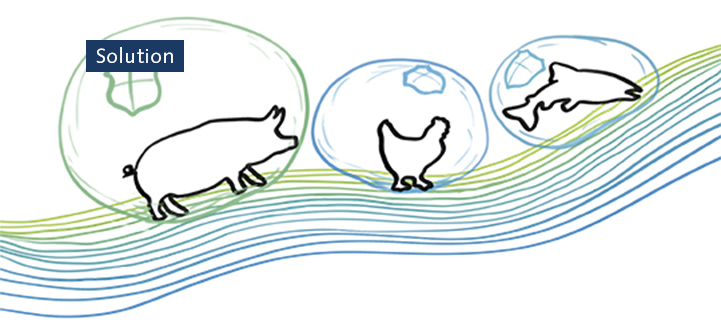
Published on May 1, 2021
Resilient animals help us thrive
Hendrix Genetics ensures you will get the best out of your breeding stock by providing high quality animal genetics. As a result, farm labor has less pressure to manage the animals in their operations. They can focus more on gains with healthier, more productive animals that are resilient and need less resources to thrive.
Resilient animals have the ability to adapt to sudden changes, while also, overcoming environmental challenges. Every craftsman will tell you: ‘When equipped with the right tools, a task is handled easier’. Resilient animals are equipped naturally with the best genes, and the producers in charge of caring for their animals can be efficient and accurate in the job to be done. No gene editing or modification is needed to breed for better resilience. We select on new characteristics from the available results that are already imprinted in the animal’s genes we have in our stock. By choosing the best performing and most balanced animals each generation again and again, resilience is a key competitive advantage.
Resilient animals, the benefits
Resilient animals withstand disruptions better and are needed to ensure we can feed the growing world population. We need to achieve this goal, even with fewer resources at our disposal.
Resilient animals are beneficial for a few reasons in relation to management
- They continue to produce, even when faced with lower quality or standards.
- Resilient animals are less dependent on human care takers, treatments, and other extras.
- They need fewer resources with each new generation as their productivity is not affected.
- Resilient animals take care of themselves and their offspring.
- These animals are easier to handle, which is positive for farm staff that is in short supply.
As you may have already noticed, resilient animals and their many benefits are intertwined. Hendrix Genetics is pursuing ‘sustainable animal breeding’. Let’s dive deeper into some linked aspects.
Resilient animals keep growing or remain productive
Even when the perfect standard is not always met, resilient animals will perform better in their environment. Their ability to keep growing and take care of themselves is what will ensure a better throughput and output for the entire protein chain. Challenges are and will continue to be present: fluctuations in temperature, feed quality, and changes in staff will occur.
These changes are all potential causes of stress. Choosing traits that will make animals better equipped to withstand changes and disruptions, will ensure a better outcome on economic, social, and environmental factors.
Resilient animals are cost-efficient
Looking at the economic side, resilient animals will save money and show their true potential better, delivering more output. Animals never take a day off. When less interference from people is needed, the throughput within the entire chain goes faster and smoother. One of the ways to ensure we are supporting the global food challenge with high-quality animal genetics, while bringing down labor costs. It also saves costs in eliminating extra feed additions, treatments, and the removal of mortalities.
Animals should be able to naturally take care of themselves and their own offspring. We want animals to have a healthy and productive life. Not needing to care for foster mothers (in the case of swine), smaller animals that need to catch up, treatments, and other things that delay the production cycle or decline the maximum total system profitability. When you breed for balance, there is no need for extremes, we all reap the benefits.
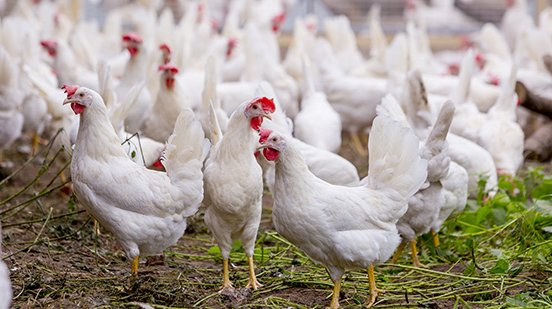
Innovative systems highlighted
Resilient animals make group housing, free-range systems, and innovative housing concepts a win-win-win. Less reliant animals will save you money due to fewer labor costs. They need fewer resources and can cope with living together in a more natural environment more easily. Making their natural behavior a benefit instead of a challenge.
Hendrix Genetics has one of the biggest multi-species breeder teams in the world. All these experts help our species carefully to the top. We use breeding values, which incorporates the results of the generations before, the information gathered from their DNA, and the phenotypical data that is collected in the barns. While choosing the best of the best to be parents, their offspring is on average better equipped than the generation before. The difference is the selection pressure for certain traits. Some companies focus on only a couple of factors, like growth or productivity. We focus on balanced breeding to support the globe with high-quality animal genetics. This is a more sustainable way forward for producers, animals, and consumers.
Have a look at the different product portfolios in the species we breed
You've read a solution article. Interested in the opportunity or challenge?
Do you want to explore all articles?

